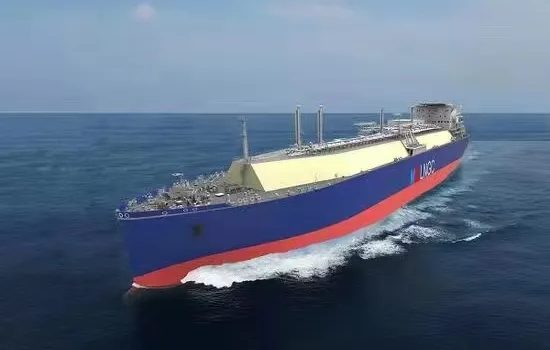Canada’s Cedar LNG receives environmental approval

Canada’s first Indigenous majority-owned LNG facility on March 14 received its environmental assessment certificate (EAC) from the British Columbia Environmental Assessment Office. On March 15, it also received a positive decision statement from the federal Minister of Environment and Climate Change. Cedar LNG is a proposed floating LNG facility located on Haisla Nation-owned land in Kitimat, B.C., with the capacity to export 3m tonnes per year of LNG.
The Haisla Nation and Pembina Pipeline Corporation, partners in the development of the proposed Cedar LNG project, also announced this week that they have signed a memorandum of understanding with ARC Resources for a 20-year liquefaction services agreement. The parties are working towards finalising a definitive agreement for 1.5m tonnes of LNG per year, approximately half of Cedar LNG’s expected production.
“The receipt of our EAC is the culmination of more than a decade of work by the Haisla Nation and marks a significant milestone for the Cedar LNG project and the Haisla Nation’s journey towards economic self-determination,” said Crystal Smith, Chief Councillor for Haisla Nation. “With Cedar LNG, we are setting a new standard of responsible and sustainable energy development. Together with our partner, Pembina, we are committed to advancing an LNG project that protects the environment, respects Haisla Nation values, and meets the highest standards of social and environmental responsibility.”
Cedar LNG made several design decisions to minimise the project’s environmental footprint and ensure it is one of the lowest-emitting LNG facilities in the world, said the partners in a press release. One of the most important of those decisions, they said, is to power the facility with renewable electricity from BC Hydro. In addition, the choice of site location allows the project to leverage existing LNG infrastructure – including the Coastal GasLink pipeline, with which Cedar LNG has a long-term transportation agreement – a deep-water port, roads and other infrastructure.
A final investment decision for the project is anticipated in the third quarter of 2023.
